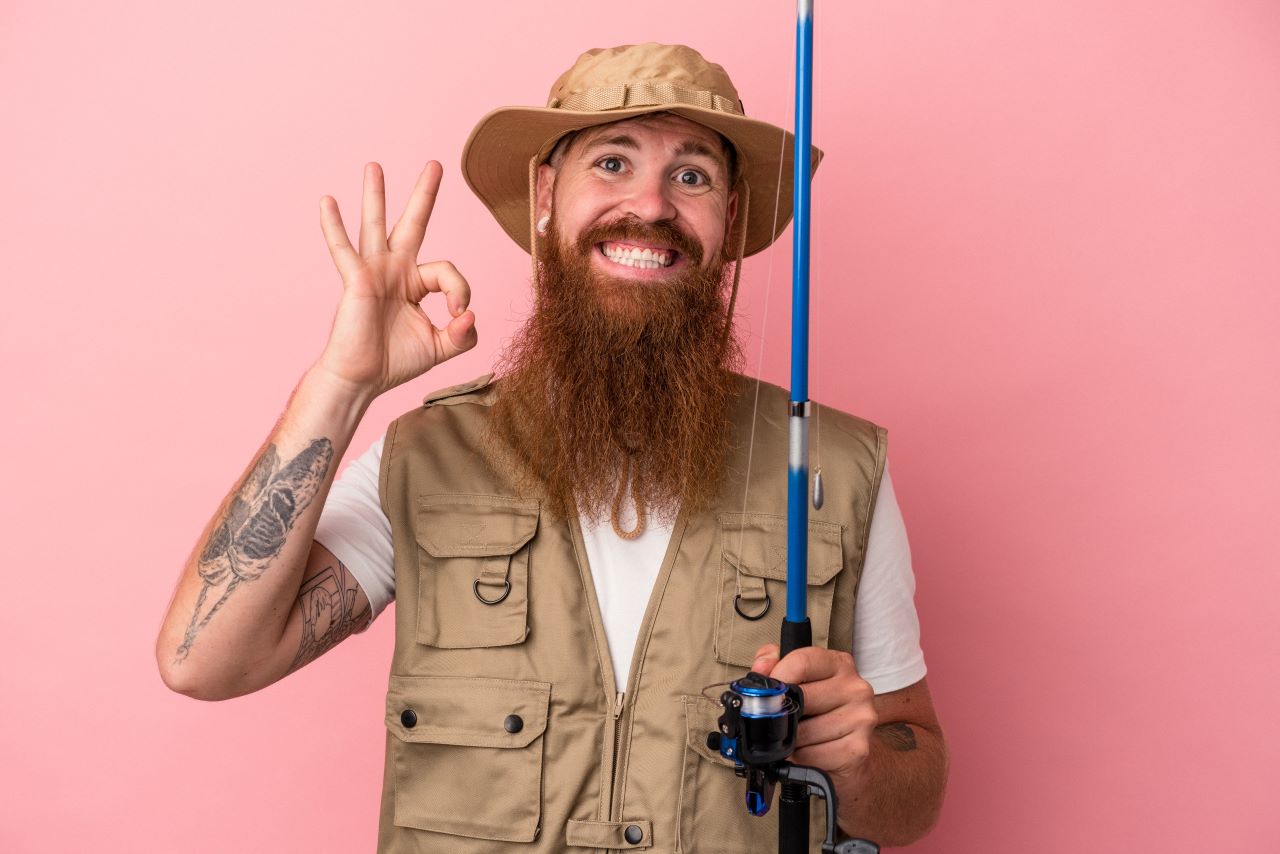Fishing is an age-old hobby enjoyed by countless individuals around the world. It’s a peaceful way to connect with nature, relieve stress, and catch fresh dinner. However, with the joy of fishing comes the responsibility to protect aquatic ecosystems.
Imagine going Indian River Lagoon fishing, casting your line into the serene waters with care and mindfulness. This guide provides essential tips to ensure your fishing adventures are enjoyable and environmentally responsible.
Let’s dive into the world of responsible fishing and discover how to make every fishing trip an eco-friendly adventure.
Know The Local Regulations
Responsible fishing isn’t just about respecting nature but also abiding by the rules set to maintain balance in aquatic ecosystems. Local regulations are set to protect species. Not adhering can result in penalties or negative impacts on the environment.
Here are some tips to stay informed:
- Consult State Websites: Most state departments dedicated to fish and wildlife maintain updated guidelines on fishing seasons, bag limits, and restricted areas.
- Visit Local Fishing Shops: They often provide pamphlets or insights on the latest regulations. Their firsthand experience can also offer valuable advice.
- Join Fishing Clubs: These organizations usually conduct seminars or meetings that keep members abreast of changes in local rules and regulations.
By following these rules, you help maintain healthy fish populations and preserve the aquatic ecosystem. Besides, you avoid potentially hefty fines!
Choose The Right Gear
Selecting appropriate equipment is pivotal in responsible fishing. The right gear ensures effective catches while minimizing potential harm to fish and their habitats. That said, ensure you equip yourself with gear suitable for the intended species and location to maximize sustainability and respect for the environment.
Here’s a guideline for gear selection:
- Research The Target Species: Understand the fish type and size one aims to catch. Using suitable hooks and lines reduces unintentional harm.
- Eco-Friendly Materials: Opt for biodegradable or recyclable fishing lines and accessories to reduce environmental impact.
- Seek Expert Advice: Visit local tackle shops or engage with experienced anglers for gear recommendations tailored to specific fishing environments.
Remember to always remember to check your gear for wear and tear. Damaged equipment can harm fish and pollute the water.
Practice Safe Catch And Release
Ensuring a fish’s survival post-release is paramount in responsible fishing. When practicing catch and release, handling fish with care is essential, minimizing stress and physical harm. This approach not only supports healthy fish populations but also ensures their well-being during future encounters.
Consider the following steps for a responsible release:
- Use Barbless Hooks: They are easier to remove and lessen injury to the fish.
- Wet Hands Before Handling: Dry hands can damage the fish’s protective slime coat. Always handle fish with wet hands to preserve this vital layer.
- Minimize Air Exposure: Return the fish to the water as quickly as possible. If taking photos, ensure it’s brief to reduce the fish’s time out of water.
By taking these precautions, you increase the likelihood of fish survival after release.
Leave No Trace
An integral aspect of responsible fishing is the preservation of natural settings. As an angler, you have a duty to ensure that fishing sites remain pristine and unaffected by their presence. Leaving no trace goes beyond litter management; it’s about ensuring that nature’s tranquility and balance remain undisturbed.
Here are some ways to ensure minimal impact:
- Pack Out Waste: Carry all garbage, including discarded fishing lines and bait containers, back home for proper disposal.
- Avoid Disturbing Natural Habitats: Steer clear of nesting areas and be cautious not to trample vegetation or disrupt wildlife.
- Use Established Paths: Stick to designated paths and avoid creating new ones, minimizing the environmental footprint left behind.
Remember, keeping nature pristine ensures that others can enjoy it too.
Protect The Habitat
A thriving aquatic habitat is the foundation of healthy fish populations. As mentioned, every angler plays a role in preserving the marine ecosystems. By safeguarding water quality and the surrounding environment, fishers can ensure abundant and diverse catches for years to come.
Here are some strategies to champion habitat protection:
- Avoid Spills: Refrain from introducing pollutants. When refueling boats or using other chemicals, ensure there are no leaks or spills into the water.
- Steer Clear Of Sensitive Areas: Respect boundaries of spawning zones or fragile underwater terrains. Disturbances can hinder reproduction and growth.
- Promote Clean Water Initiatives: Support local conservation programs aiming at habitat restoration and pollution reduction, fostering a healthier environment for both fish and anglers.
By being a steward of the environment, you play a part in preserving aquatic life for future generations.
Stay Educated And Spread Awareness
In the ever-evolving world of fisheries and conservation, continuous learning is crucial. By staying updated on best practices and sharing this knowledge, you can elevate the entire community’s commitment to responsible fishing.
Consider the following to foster knowledge and outreach:
- Attend Workshops: Engage in seminars or courses offered by local fish and wildlife agencies to remain informed about current best practices.
- Join Conservation Groups: Become a member of organizations that champion aquatic conservation, benefiting from their resources and community initiatives.
- Advocate Responsibility: Share acquired knowledge with peers, promoting responsible fishing habits and amplifying the collective positive impact.
When the fishing community comes together, it can make a significant positive impact on the environment.
Conclusion
Embarking on a fishing journey with responsibility at its core not only enhances your experience but also ensures a sustainable future for aquatic ecosystems. Keep these tips in mind, practice them on every trip, and encourage your fellow anglers to do the same. With these, you can fish responsibly and protect precious waterways for generations to come.

